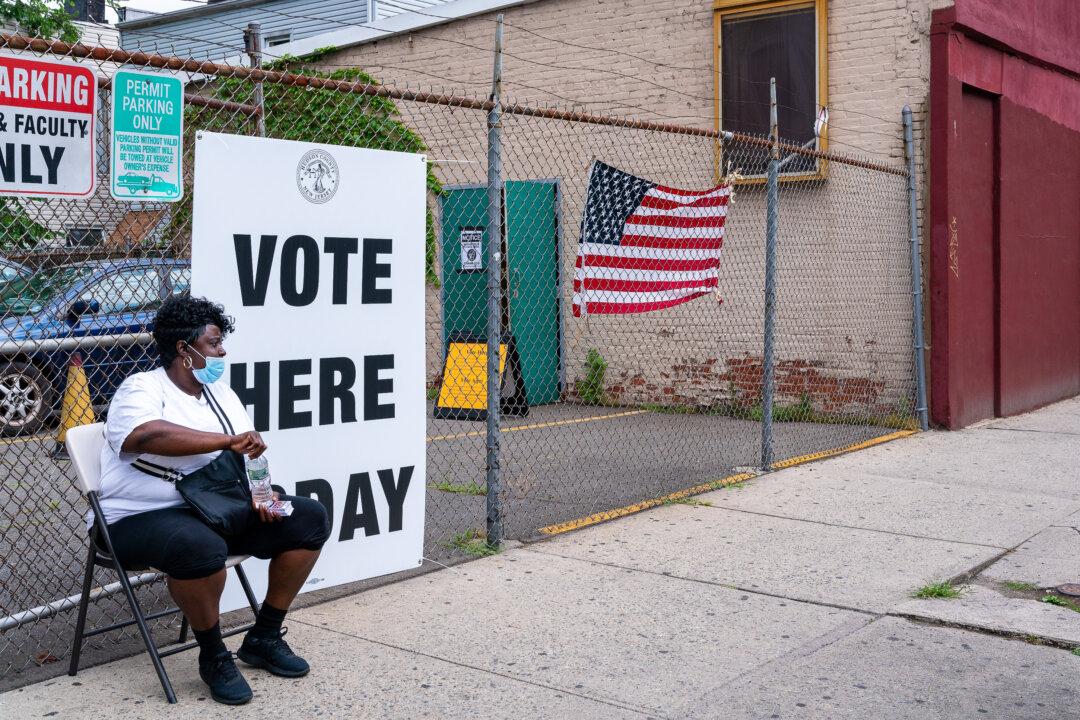New Jersey Attorney General Matthew Platkin has signaled that he will not defend the state’s primary ballot system against a legal challenge claiming the ballots are unconstitutional.
In a March 17 letter to U.S. District Judge Zahid N. Quraishi, Mr. Platkin said that “the challenged statutes” regarding the state’s primary ballot design “are unconstitutional” and therefore his office “will not be defending them.”





